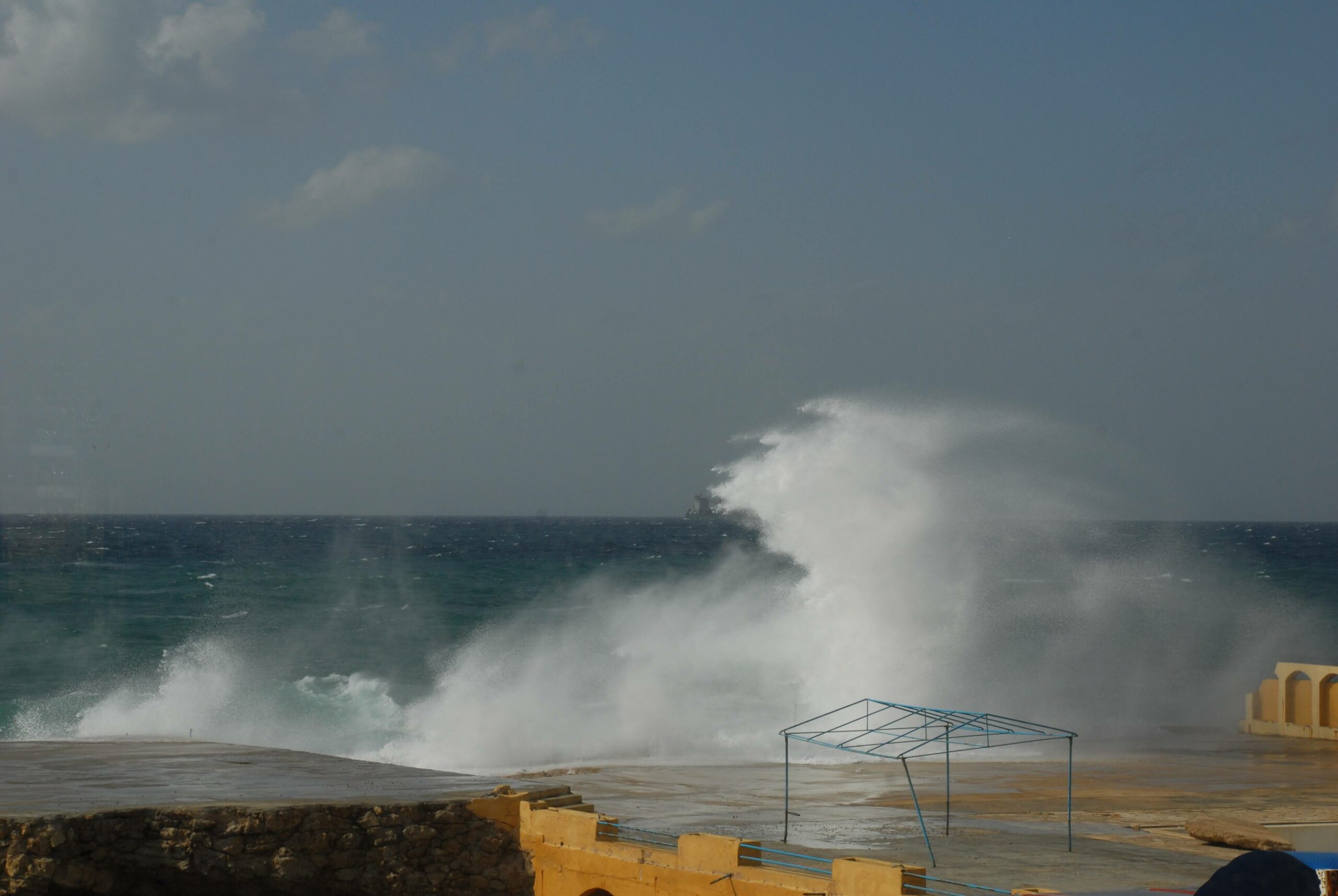The cries from the women at the windows of southern Beirut’s suburbs echo for the killing of Sayyid Hasan Nasrallah by Israel. For over 30 years, Nasrallah led Hezbollah, a figure revered to the point of being seen by many as an ‘eternal’ presence.
“The Sayyid isn’t dead. He continues to resist with us against Israel,” says Bushra, a resident of Ghobeiri, a neighborhood ravaged by Israeli bombings on Beirut. Lebanon remains largely in shock, though there have been celebrations by some groups in Tripoli and northern suburbs of the capital, where people hailed Nasrallah’s death.
“I’ve long protested against Hezbollah and the entire Lebanese political class,” says Samir, a local civil society figure. “I’m not a supporter of the party, nor have I ever voted for it. But, like many Lebanese, I stand for resistance against Israel. The news of his death is devastating.”
While cries filled the air in the southern suburbs, a heavy silence fell over most of Beirut and other cities across the country. “All the shops are closed. There’s no one around,” says Ruba from Badaro, a neighborhood not far from Chiyah, a Shia district bombed by Israel in the afternoon. Amid the thundering sounds of Israeli airstrikes, many throughout the night and into the morning hoped the news of Nasrallah’s death—leader since 1992—would be disproved by a last-minute appearance on television.
“The world we knew is gone, it’s over. I was born and raised with the image of Nasrallah, who, despite Israel’s crimes, gave us strength and a sense of direction,” says Nada, who was only ten years old during the 2006 Hezbollah-Israel war.
Nabil, glued to his TV, watches Al-Manar, Hezbollah’s TV channel, which has been broadcasting live from the sites of the Israeli bombings on the party’s headquarters. Nabil recounts how Al-Manar eventually started broadcasting from an improvised studio, increasingly interrupting live coverage with archive footage. “Hezbollah took about 18 hours to publicly announce Nasrallah’s death,” Nabil points out, highlighting the “chaos that now reigns within the movement. We can feel this chaos, and it frightens us.”
In Beirut, whispers of a possible new “civil war,” a specter never fully erased since the conflict that devastated Lebanon from 1975 to 1990, are growing. The Lebanese army, primarily funded by the United States and never truly used to defend the country from Israeli attacks, was deployed in the morning to guard the U.S. embassy north of Beirut. By afternoon, troops were stationed in key areas of the capital, sites of past clashes between rival political and religious factions. Some observers suggest the armed forces may take on a greater role in “maintaining order and stability” in such a critical moment.
But all eyes remain fixed on Israel, Hezbollah, and Iran. “Before us are only grim scenarios,” says Samir. “Either a devastating regional war, an unconditional surrender of Hezbollah, or an agreement between Iran and the United States. In any case, we Lebanese will once again be treated as bargaining chips.” (ANSA).
